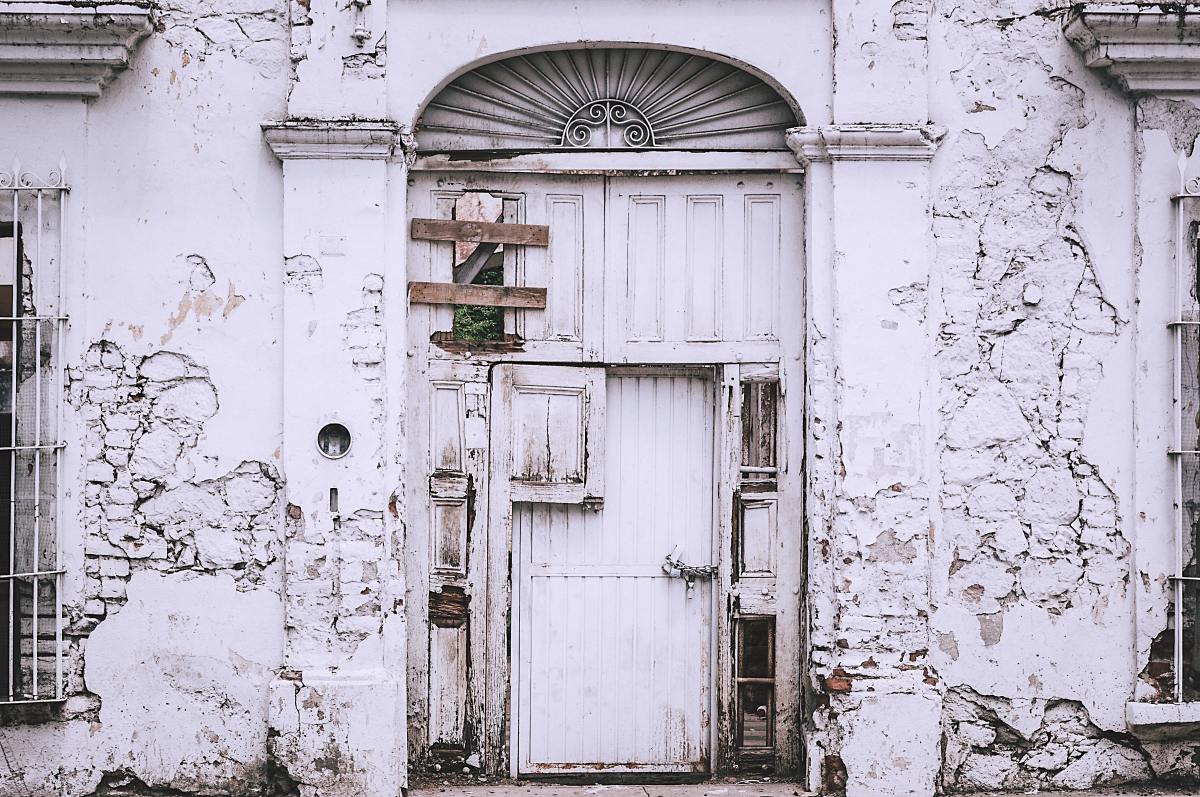Among Buddhists, there is a type of meditation focused specifically on death. My understanding is that it is a reminder that our lives are transitory and temporary, and that we should accept and embrace that rather than fighting against it, clinging to what we have, and fearing the unknown.
This idea got me thinking, and eventually writing. I don’t know if what came out was exactly in the spirit of the meditation, but it did feel like it exposed some of my own personal truths. If you’ve ever wondered why this blog is called Words Deferred, this might serve as an explanation.
I don’t claim to be much of a poet, so I’ll apologize for the free verse, but it felt like the correct choice for this.
Sometimes, when I’ve stayed up too late again, and I’m climbing the stairs to bed, exhausted, the night’s darkness creeps in. When I was in college, adults (real adults) would ask me what I was doing with my life. I would tell them that I wanted to be a writer, but it’s hard to make a living, writing. I love computers too, so I got a degree in computer science. I think I believed myself. And it was true. It’s hard to sell stories, and it easy to get a job writing code. It pays well. It’s in high demand. It’s the sort of thing your career counselor would tell you to do. I have no right to complain. I’m comfortable. I have a wife and children and I love them. We have a house in the suburbs and food to eat. We buy whatever books and games we want, and when I stay up too late, it’s not because I’m worried about money. I find satisfaction in my job. Sometimes. But not as much as in my writing. I don’t write as much as I feel I ought. When I go to bed late at night, I imagine myself dead, having written nothing of value. Sometimes I want to shout to my children, “Don’t make back-up plans! Don’t have escape hatches! Burn the ships on the shores of your dreams, so you have no choice but to conquer them.” There’s danger in having too much, in being too comfortable. That’s an easy thing to say when you’re not wondering how you’ll make rent this month. But that’s how I feel, late at night, when the darkness creeps in and I think about myself, dead, and the words I haven’t written.


